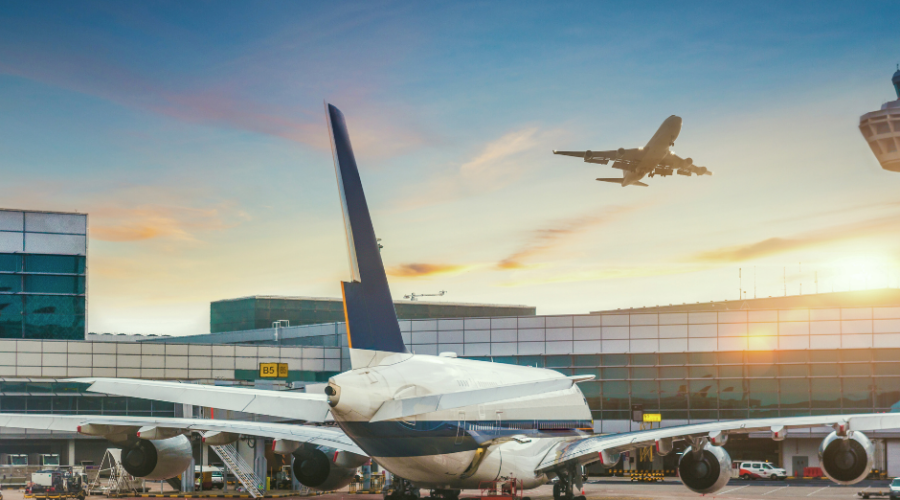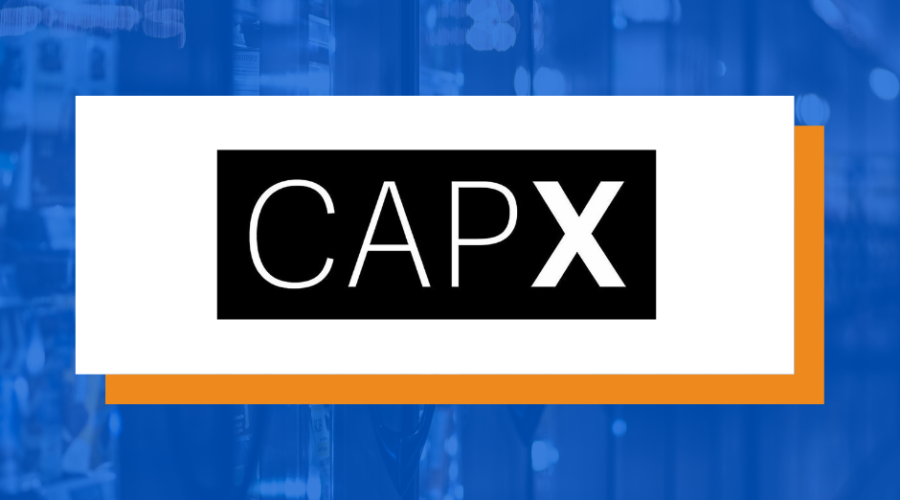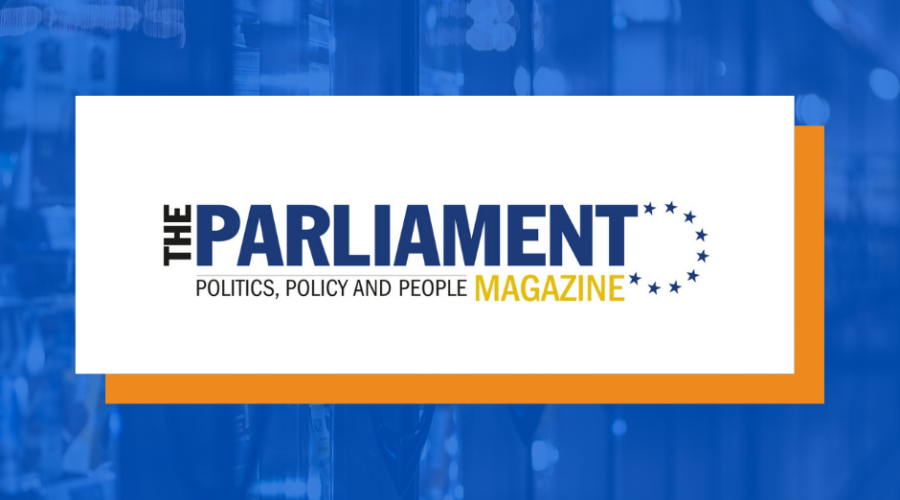LES CARBURANTS DURABLES, ENTRE RÉALISMES ET UTOPIES
Les carburants durables pour l’aviation (SAF) sont un objectif louable pour les décideurs politiques, mais la promotion des SAF devrait dépasser les frontières et favoriser la collaboration entre les nations, les régulateurs et les autres parties prenantes.
Dans leur quête d’un ciel plus vert, les régulateurs du monde entier s’efforcent de rendre les carburants d’aviation plus durables. L’Union européenne a pris les devants avec sa législation « ReFuelEU », qui impose une augmentation progressive de l’utilisation de carburants aéronautiques durables (SAF). Cependant, le chemin vers l’aviation durable n’est pas sans obstacles, car les SAF restent actuellement trois à quatre fois plus chers que le kérosène conventionnel. De plus, l’augmentation potentielle des prix à la consommation ajoute une nouvelle couche de complexité à un débat déjà épineux.
En novembre 2023, le Conseil de l’UE a adopté l’initiative « ReFuelEU aviation », un élément clé du paquet « Fit for 55 », qui vise à réduire l’empreinte carbone du secteur de l’aviation. La législation impose aux fournisseurs de carburant d’aviation d’inclure une part minimale de carburants aéronautiques durables dans leurs produits, en commençant par 2% en 2025 et en atteignant 70% d’ici 2050. Les carburants synthétiques sont également obligatoires, avec une part progressivement croissante. La loi vise à aligner le transport aérien sur les objectifs climatiques de l’UE, en s’attaquant aux problèmes de faible approvisionnement et de prix élevés qui entravent le développement des carburants aéronautiques durables. Le règlement est entré en vigueur le 1er janvier 2024, certaines dispositions étant applicables à partir de 2025.
La nécessité d’adopter une approche globale plutôt que de succomber à des mesures protectionnistes est une préoccupation majeure dans ce discours. La promotion des SAF devrait dépasser les frontières et favoriser la collaboration entre les nations, les régulateurs et les autres parties prenantes. Alors que l’UE s’efforce de mettre en place des normes strictes, elle doit également surmonter ses réticences historiques et adopter la neutralité technologique.
Un aspect notable de ce défi est le rôle des SAF dérivés de l’huile de palme, en particulier en Asie du Sud-Est. La position protectionniste de l’UE à l’égard des biocarburants provenant de cette région doit être reconsidérée. Les dérivés de l’huile de palme, tels que les effluents des moulins à huile de palme (POME) et le distillat d’acides gras de l’huile de palme (PFAD), constituent une matière première viable pour les SAF dans le cadre de l’économie circulaire.
Les exportateurs d’Asie du Sud-Est et d’Afrique de l’Ouest ont la possibilité de réduire les émissions de l’aviation en fournissant un approvisionnement régulier de ces déchets.
Cependant, un paradoxe émerge lorsque l’on considère que les mêmes voix qui plaident pour l’élimination progressive des combustibles fossiles se sont historiquement opposées à l’utilisation de l’huile de palme. L’approche de l’UE à l’égard de l’huile de palme en tant que matière première pour les SAF semble contradictoire et souligne la nécessité d’une stratégie plus nuancée et plus cohérente. Pour assurer le succès des SAF, les décideurs politiques doivent concilier les objectifs environnementaux et le potentiel des matières premières innovantes.
En établissant un parallèle avec la politique énergétique de l’Allemagne qui, dans son empressement à décarboniser et à dénucléariser, a eu des conséquences inattendues telles qu’une augmentation de l’utilisation du charbon et une hausse des prix de l’électricité, l’UE doit faire preuve de prudence. Il est essentiel de trouver le bon équilibre, pour que les objectifs de durabilité n’entraînent pas, par inadvertance, des résultats économiques et environnementaux négatifs.
Le paysage mondial complique encore les choses, les différents pays adoptant leurs propres approches. Le « Sustainable Aviation Fuel Mandate » du Royaume-Uni et la « Sustainable Aviation Fuel Grand Challenge Roadmap » des Etats-Unis illustrent la diversité des stratégies. Il n’en reste pas moins que l’harmonisation des normes est essentielle pour que les SAF soient largement acceptés.
Les cadres réglementaires de l’UE, du Royaume-Uni et des Etats-Unis soulignent la complexité de la question. Les critères de définition d’une SAF sont au coeur du débat, et les différences de normes et de certifications compliquent les efforts déployés au niveau mondial en faveur de la durabilité.
Le chemin vers des carburants d’aviation abordables et durables exige un effort collaboratif et mondial. L’UE doit abandonner toute vision protectionniste des SAF dérivés de l’huile de palme et adopter une approche plus équilibrée. Alors que l’industrie aéronautique progresse à grands pas vers un avenir plus vert, les décideurs politiques, les régulateurs et les militants doivent se débarrasser des vieux mantras et privilégier les solutions pragmatiques aux débats idéologiques. Si les carburéacteurs durables doivent un jour devenir une alternative économiquement viable pour le marché de masse, des approches intelligentes et pragmatiques sont nécessaires.
Originally published here









